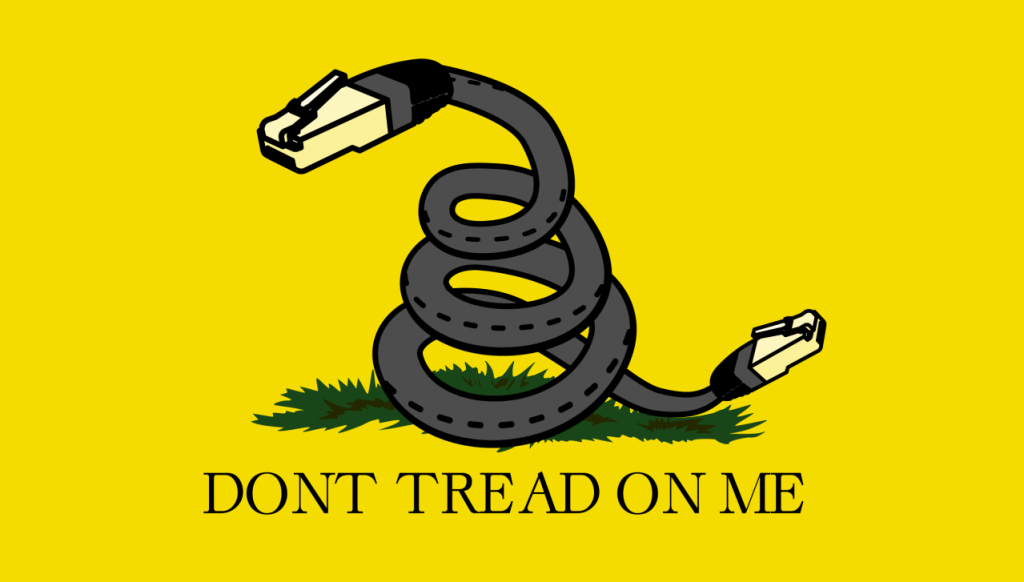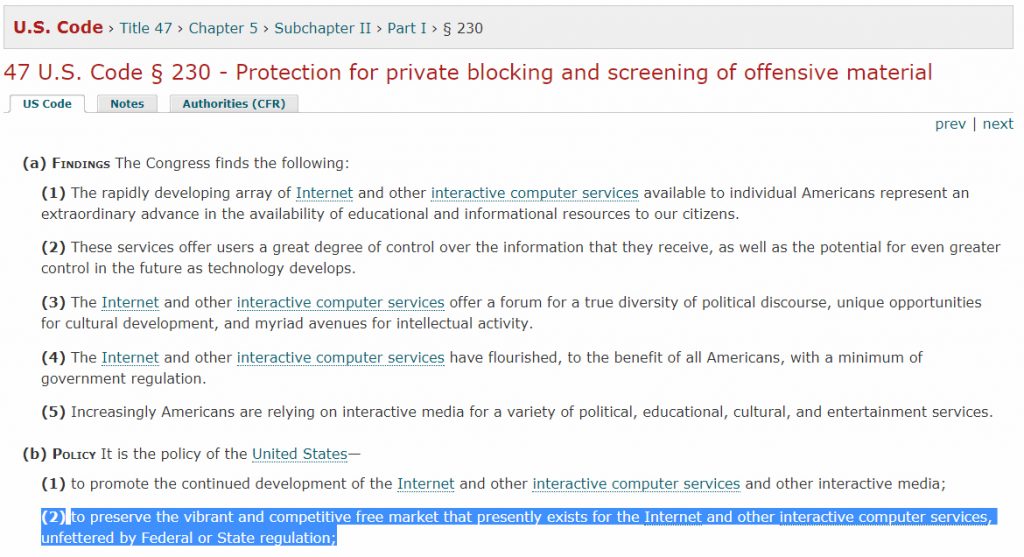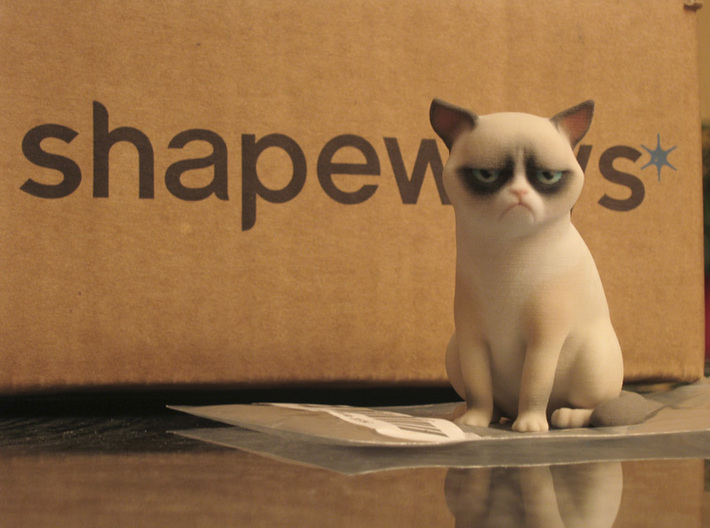Last week the U.S. Federal Communications Commission (FCC) voted in favour of a repeal on a 2015 regulation enforcing net neutrality. This means that companies can pay for preferential treatment from internet service providers (ISPs) and move up search rankings online. It could also give way to partner offers, like free subscription to music and movie streaming, as offered by mobile phone companies in the UK.
The decision has caused a stir amongst online consumers, as it seems the odds are now stacked against them in favour of a marketplace run only by the companies that can afford to pay the price. Tom Finn, interim CEO of New York-based service bureau and marketplace Shapeways, has voiced concerns about the effect this decision will have 3D printing and startups like his.

“Restoring Internet Freedom”
The repeal is dubbed the Restoring Internet Freedom Order, and was initially proposed by Ajit Pai, chair of the FCC, in July this year. According to Pai, “In 2015, the prior FCC bowed to pressure from President Obama. On a party-line vote, it imposed heavy-handed, utility-style regulations upon the Internet,”
“That decision was a mistake. It’s depressed investment in building and expanding broadband networks and deterred innovation.”
The FCC believes that net neutrality imposes “substantial costs on the entire Internet ecosystem,” and that policy should return to the way it was set “At the dawn of the commercial Internet,” under President Clinton. The fact remains however that the internet has changed a lot since the 1990s, and there is much more money at stake for consumers and ISPs.

In favour of a level playing field
The opposing argument, as voiced by Internet Association CEO Michael Beckerman, is that “Consumers have little choice in their [internet service provider], and service providers should not be allowed to use this gatekeeper position at the point of connection to discriminate against websites and apps.”
Finn reiterates this argument from the perspective of a startup in his opinion piece for the New York Daily News. “…we need a level playing field in order to be able to compete,” he writes.
“Without net neutrality protections, ISPs would simply be able to wait for us to prove the viability of our model, and then create their own 3D printing services. Once they have their own version of our product, those ISPs could decide to block or throttle access to us, or even redirect traffic to their own services instead.”
Notable tech giants Google, Apple, Amazon, Netflix and Facebook are supporters of the open internet as described by Finn, but ultimately, he says, those companies could afford to pay the fee.
Keep the internet fair
Adding to formal comment made by Shapeways former CEO and co-founder Peter Weijmarshausen, Finn argues that the FCC should act as protector to the open market, and “keep the internet fair.”
“In the past,” he says, “we could have asked the FCC to step in and force that ISP to treat every site equally,”
“Without strong net neutrality rules, we will be stuck hoping that the ISP returns our calls and allows us to pay them off to fix the problem or give us access to the fast lane.”
In conclusion, he calls for Congress to “step in to protect net neutrality,” and “make clear that it stands behind a fair, open internet that ensures a level playing field for everyone.”
Many other companies are also battling against Pai’s new order, and the repeal may yet be reversed. Public Knowledge, the Washington non-profit that has helped to form IP protection policy for 3D printing, is calling for support from those in favor of ne neutrality. Any U.S. readers who wish to help reverse the repeal can help Public Knowledge do so here.

Don’t forget to vote in the the second annual 3D Printing Industry Awards now.
Never miss another story – subscribe to the free 3D Printing Industry newsletter, follow us on Twitter, and like us on Facebook.
Featured image shows a chained Earth graphic via the Electronic Frontier Foundation


